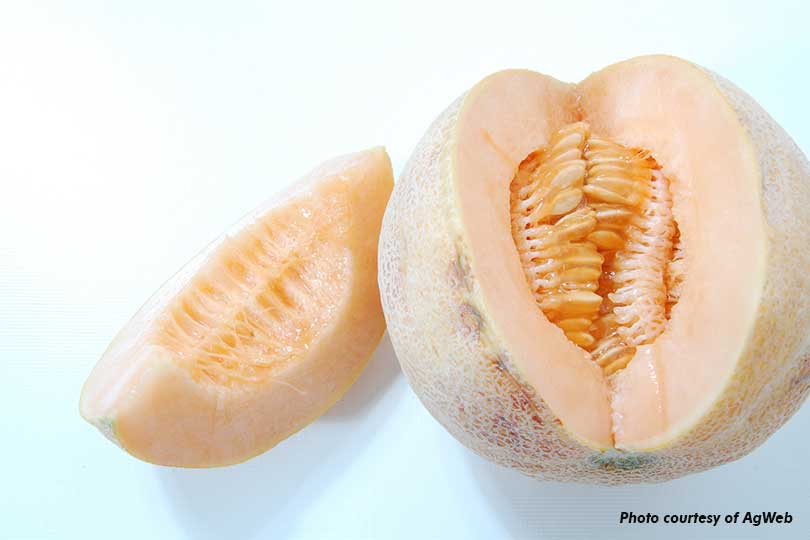The nation’s biggest grocer, Walmart, has teamed up with Bayer AG to develop a new sweet and juicy winter cantaloupe variety, according to Bloomberg News.
Wal-Mart Stores, Inc.’s senior vice president for produce and global food sourcing Shawn Baldwin told Bloomberg the off-season cantaloupes it sells in the winter “taste like a piece of wood.”
The company typically sells 10 times more cantaloupes in June when it can buy from U.S. farms than it does in December, when melons are grown farther south, according to Bloomberg News.
During the development process, Walmart considered more than 100 varieties of seeds and tested 20. Walmart employees spent six months grading the cantaloupes on attributes like flavor, texture and aroma.
Matthew DeCeault of Bayer Vegetable Seeds in California said Walmart had “a scientific, focused approach.”
The winner was named Sweet Spark. The cantaloupes are more pleasing to the palate, but also tough enough for transportation from warmer climates. It can be found in 200 U.S. stores with a full roll-out planned for the fall.
Sweet Spark is not genetically modified.
The new cantaloupe is as much as 40 percent sweeter than Walmart’s current winter melons, according to the Brix scale, which measures sugar content.
Rabobank International produce analyst Roland Fumasi said it’s “very rare” for a retailer to invest in the exclusive development of a new variety of fruit.
Walmart has exclusive rights to sell Sweet Spark for now. But the company will try to negotiate a long-term arrangement with Bayer.
If the arrangement falls through, it’s possible the cantaloupe variety could be sold at rival retailers.
Customers who buy fruits and vegetables spend 55 percent more on their trips, according to data tracker Nielsen. The new melon variety is part of a push to boost the company’s produce department.
“In today’s saturated market, retailers need to find ways to stand out,” Matt Lally, manager of Nielsen’s Fresh Growth and Strategy team.
Baldwin said next he wants to develop a new variety of tomatoes to replicate the blend of sweetness and acidity in the San Marzano variety of Naples, Italy.

